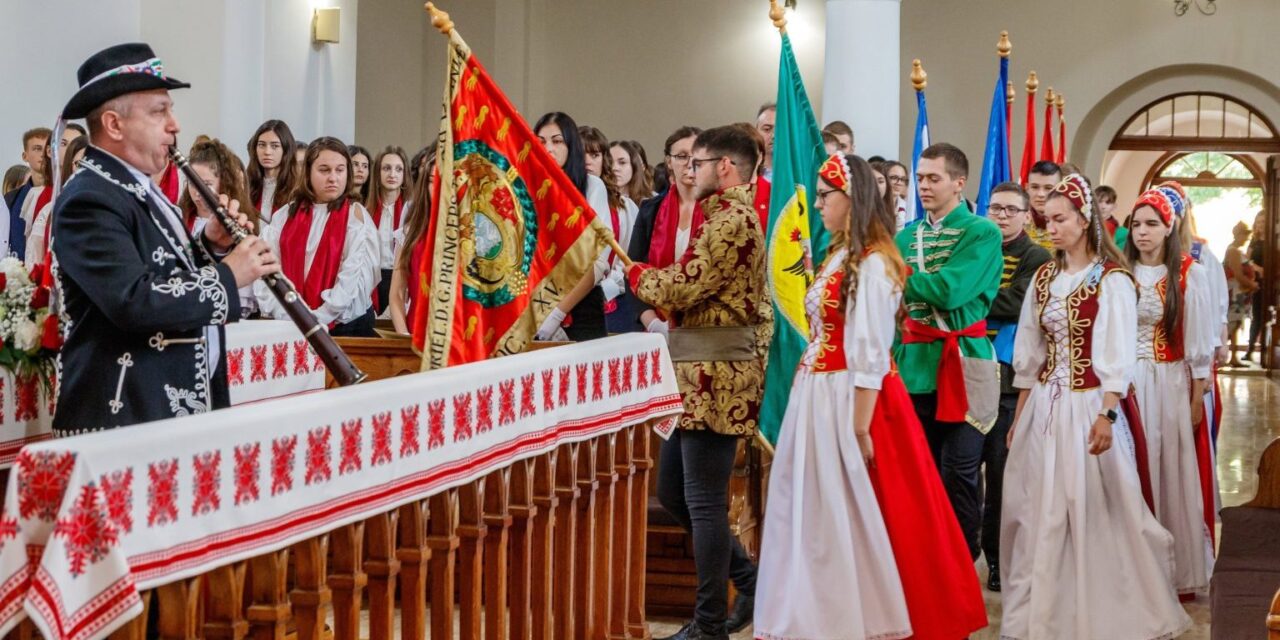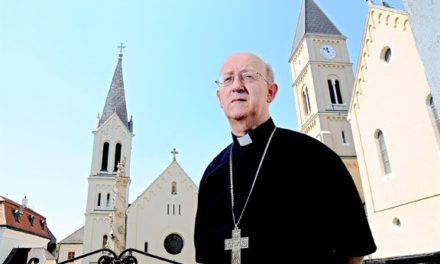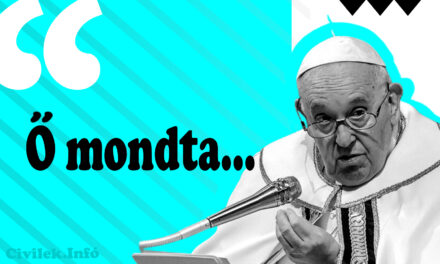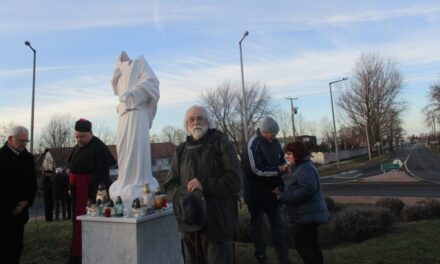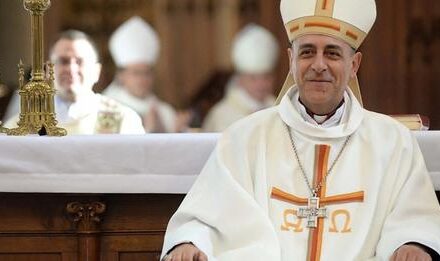Today is the Memorial Day of the Reformation. On October 31, the German Augustinian monk Márton Luther, the founder of the Reformation, according to tradition, nailed his 95 theses to the gate of the Wittenberg castle church on this day in 1517. In his bull issued in 1520, Pope Leo X excommunicated Martin Luther, who publicly burned the papal document and declared that he was breaking with the Catholic Church. However, for the Hungarian Reformed, and indeed for the Hungarian nation, it is about much more than mere remembrance.
This day is one of the important cornerstones of our identity: today we also remember the Hungarian galley prisoners, Gyula Illyés pays tribute to them with the poem "The Geneva Memorial of the Reformation".
What the silent, perhaps too modest and too passive community of Hungarian Calvinists has added to Hungarian self-identity, our culture, and our mother tongue is priceless.
- without it, looking at the building of the national language, Hungarian survival and Hungarian culture is like pulling out every third brick and building block from the parliament and trying to inspect it; it's also bad for a thought experiment, the building would collapse.
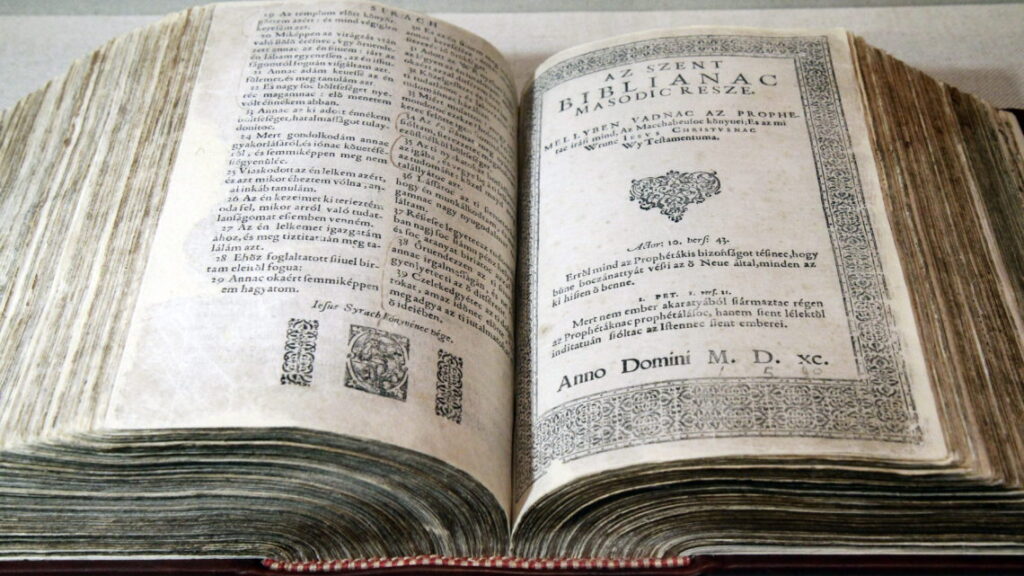
The original copy of the Vizsolyi Bible was commemorated on September 26, 2015 in the Vizsolyi Reformed Church, where Gáspár Károli, who translated the Bible into Hungarian, was remembered.
The Reformed biblical scholar completed the translation of the scriptures into Hungarian 425 years ago. MTI Photo: János Vajda
Every third brick - because the Hungarian Reformation, and it would be a shame to start a numbers war here now, but it was represented in at least one third
both among our outstanding artistic and intellectual creations, as well as among our generals, valiant princes, and governors.
The bricks, foundation and dome, magnificent statues and majestic staircases of the Parliament are built on each other.
This is how the Hungarian Reformation and the totality of Reformed traditions were integrated into the spiritual, constantly expanding and renewing common building of the nation. Without pretense of completeness, let me note here - as a few pieces of mortar from the above-mentioned building -
The name of Gáspár Károli, without whom our mother tongue would not sound as it does, the dazzling stanzas of Balassi, without whom we would not be the Hungarians that we are,
speaking with his words on the battlefield and in love as well, shouting, begging and begging, Ady's stone thrown up and down, which even influenced the birth of the atomic bomb, just look at Ede Teller, who is a fan of our poet's poems, and Jenő Dsida, who also played the zither of the angels to speak, s
Reformed pastor Lajos Gulyás
- who was executed 66 years ago, less than two months ago, by communist thugs who today lied to themselves, for example, as social democrats, changed their cloaks and faces a thousand times, but did not change in their looted property or in their personalities, and who have been sucking our blood for the seventh decade - and who gave a nation an example of humanity with his martyrdom, as a Christian and from Christian humility.
Thanks to Ady, who is a Reformed person and who is a Hungarian is forever etched in our minds:
"Two necked, Hungarian Calvinists,
We flew as the Time,
Father, son: one Yes and one No,
We sat next to each other singing
And as the Time, we flew."
And let's not forget on this day the "stone-biting power" of the Calvinist faith, living again with Elijah, its "hairy roots" living with us, bearing witness before our eyes:
The stand of László Tőkés, his death-defying courage, and in the first minutes of the revolution, his action in forging the resurgent Timișoara into unity in addition to religious and national affiliation
the Romanian revolution, which began as a crystal-clear Transylvanian uprising, but which began as a crystal-clear Transylvanian uprising, is inexplicable without it.
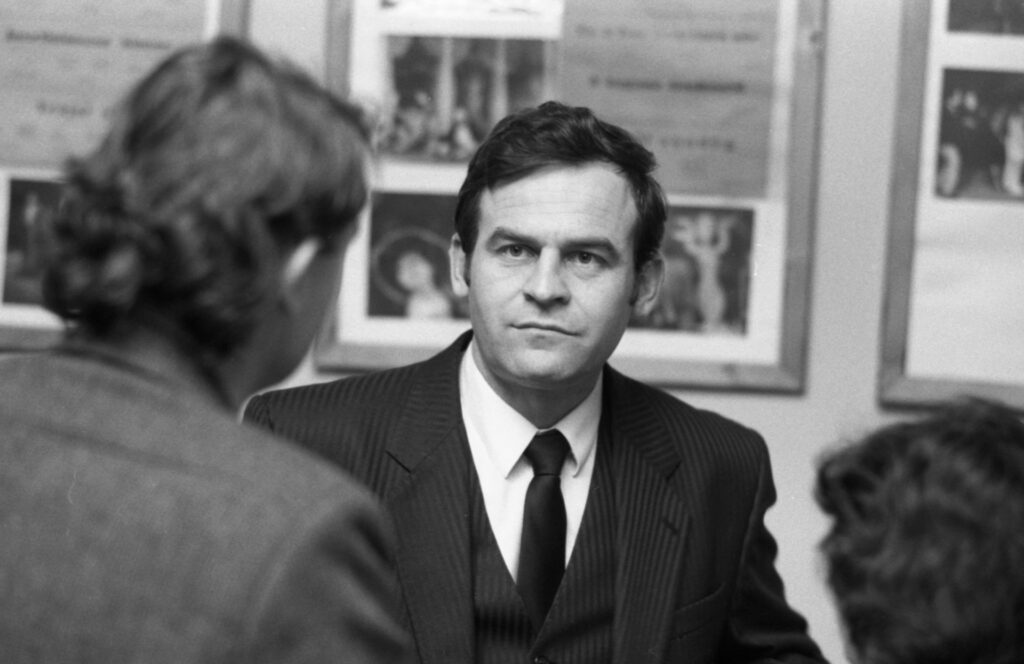
László Tőkés, Photo: Fortepan
Nothing indicates the unity of our culture, and what is more, our civilization, than the fact that those who profess and maintain the Catholic faith
We can also thank Zoltán Kodály for the 20th century renaissance of Reformed music.
Illyés's thunderous poem is not only about the Hungarian galleys, but also about its power and its unbeatable greatness.
Showing the Hungarian nation's desire for freedom even in 1956
perpetuates it. So let's think about these lines, pausing for a moment, on the Hungarian commemoration of the Reformation:
"the past, as it collapsed in smoke,
pushed them like gunpowder to lead:
forward!
and they accepted this fate - So tell me that glory belongs to them!"
Celebrations are held by Protestant churches all over the country
The central ceremony, which is organized by the Ecumenical Council of Hungarian Churches (MEÖT), starts at 5 pm in the Reformation Memorial Park at the intersection of the Városliget tree row and Bajza Street. Methodist national lay superior Zsolt Farády will give a lecture at the ceremony.
Source: Zoltán Udvardy / hirado.hu, MTI
Cover image: Participants of the II.
At the opening of the academic year of Ferenc Rákóczi Transcarpathian Hungarian College in the Beregsász Reformed Church on September 23, 2023. MTI/János Nemes

